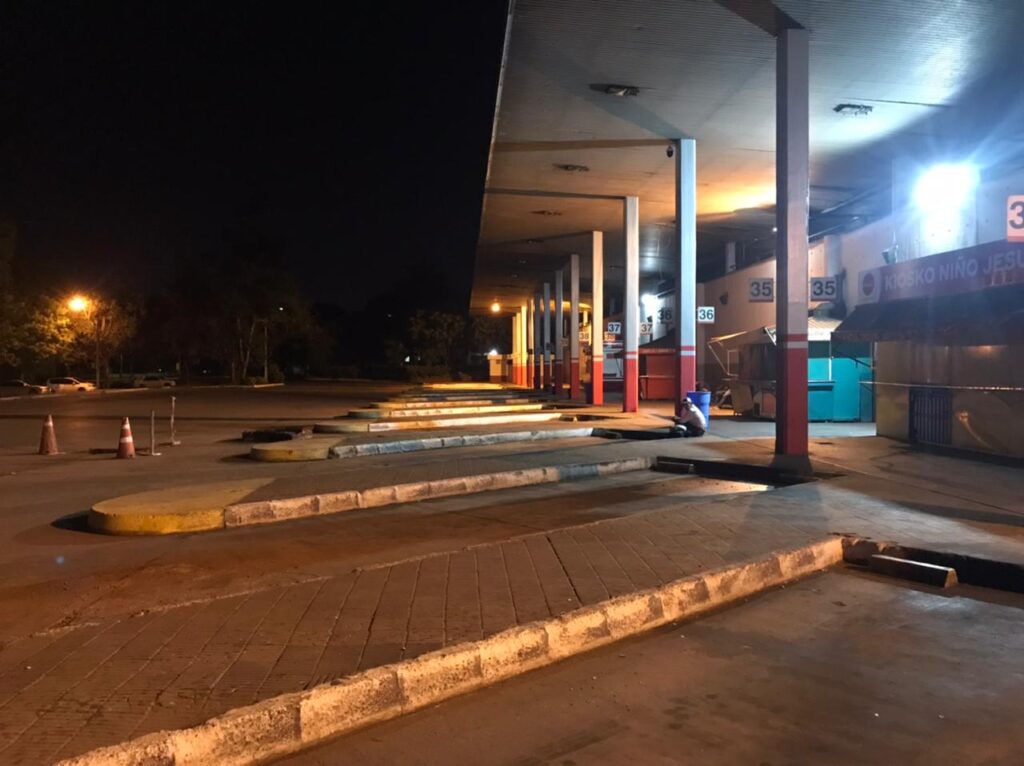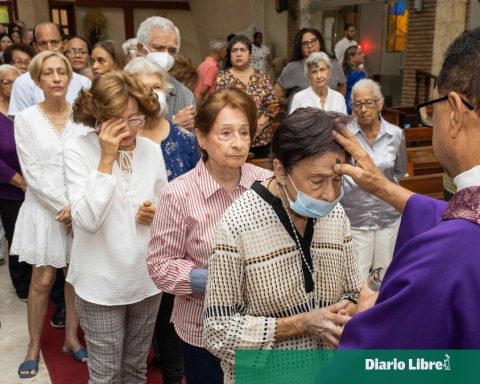AND
around the start of the boreal spring of 2022 a large number of countries believe that the time has come to turn the page
of the pandemic and have acted or, at least, announced the decision to act in this regard in the immediate future. It seems to me premature in all cases and, in some, hasty and reckless. Unfortunately, the pandemic – nourished by the virus that originated it and by one or more variants, not sufficiently known – has wide territorial and human spaces to continue expanding, although vaccines and experimental treatments have already narrowed them.
The transit of a devastating pandemic –until March 15: 458.5 million confirmed cases; deaths above 6 million 47 thousand, and 4 thousand 378 million with complete vaccination – to an endemic like so many others
, with which you can live, not only has it not been completed, but the conditions to make it feasible and acceptable have not been met, from the health, economic, social and human angles. If the collective political decision is adopted to correct the course in handling the pandemic, it seems to me that the rest of this year and most of next year would be required to establish those conditions, close the spaces for expanding the pandemic and, only then, establish the multilateral management of covid-19 and its prevention and treatment.
The territorial spaces for the continued expansion of the pandemic are found in countries with a vaccination rate of up to 39 per 100 residents and, above all, those with a rate below 20. The WHO map, which is updated every day, records among the latter, no fewer than 20 countries, 18 of them in Africa, and among the former, another 15, also mostly African. Africa is the great territorial reserve, but not the only one, for the spread of the pandemic. The human space for this enlargement is in fact all over the world, still. It is made up, first of all, of those who have rejected vaccines, especially in rich countries, and also the broad population strata of the developing world without access to reasonably sufficient and effective public health services.
Already for many weeks, the day publishes the statistics of the 10 countries in which the largest number of new infections is registered, that is, of those in which the pandemic is still active, very active. Let’s see what the week of March 6 to 12 tells us. Only five of the 10 were in that range all seven days a week: South Korea, Germany, the Netherlands, Italy and Russia. None of them developing, all with solid health and social security systems; without obvious demographic pressures and, in general, with a very high educational level. Another five – France, Japan, Brazil, Austria and Vietnam – appeared six times. Of them, only two in development. Some time ago, seeing figures of this type, someone suggested that covid-19 was an ailment of the rich. In the current, rapid decline of the omicron wave, this seems to be the case if we look not at the accumulated infections, but at its closest daily dynamics: eight of the 10 countries in which covid-19 is now spreading with faster are advanced countries.
The unusual and violent outbreak of new infections in Hong Kong seems to be the origin of the equally important resurgence of the pandemic in China in the middle of this month. Centered on Shenzhen, the main technology hub, it has spread to two-thirds of the provinces. The press talks about Wuhan, second edition
. It is considered the most serious since the start of the pandemic and has caused isolation and prevention actions similar in scope to those of two years ago, with restrictive economic effects.
Beyond the general hypotheses, the outstanding figures support, it seems to me, the idea that – despite the understandable fatigue, the generalized social irritation with which the preventive measures that have accompanied us for at least two years are now observed, especially distancing and the use of face masks – the time has not come to abolish them. They must continue to be in force, in a more selective and accurate way, as long as equitable, effective and sufficient vaccination is not achieved on a global scale and as long as the development of drugs, of medicines that make it possible to combat the disease continues to stall, as it seems to be. . Only then can the page really be turned.

















